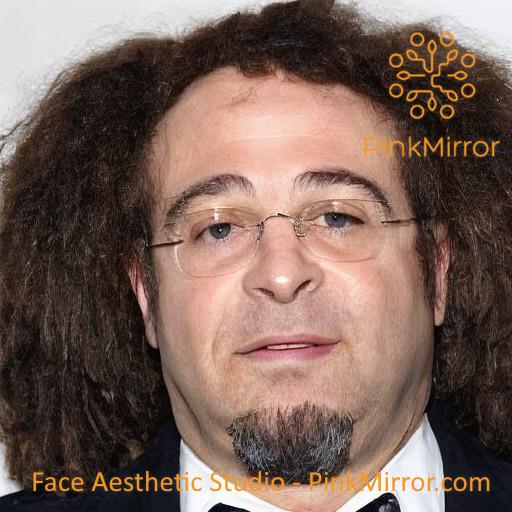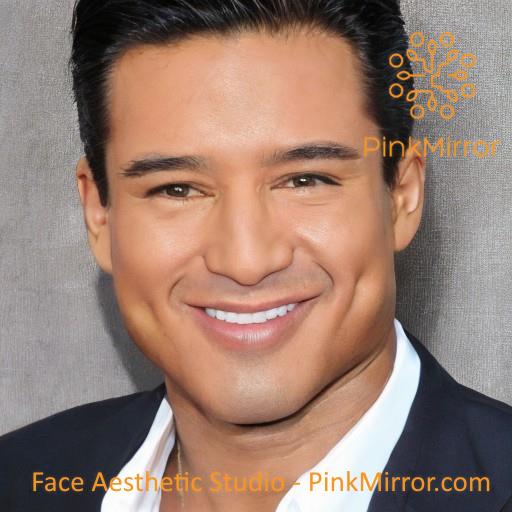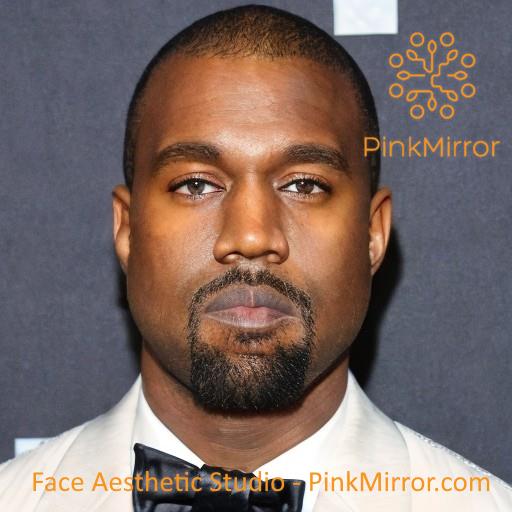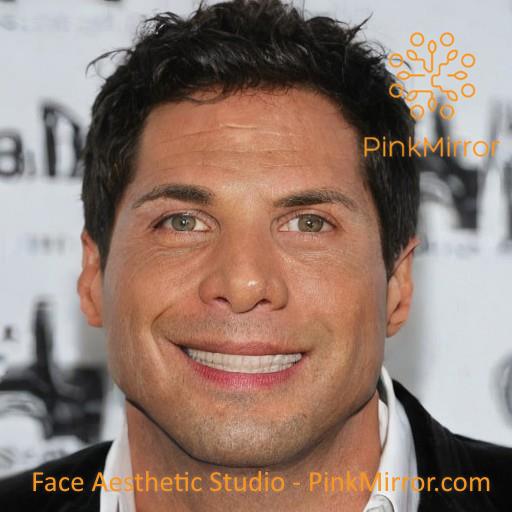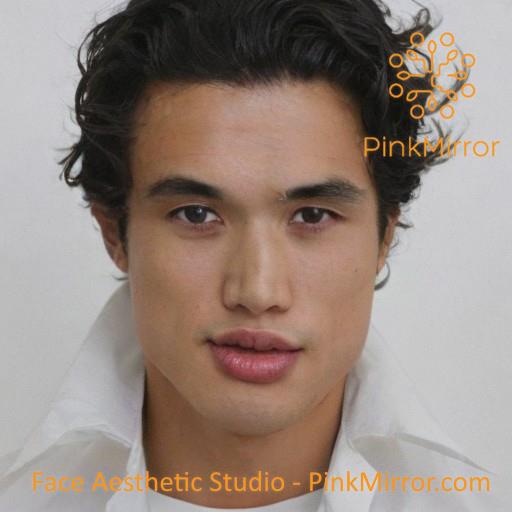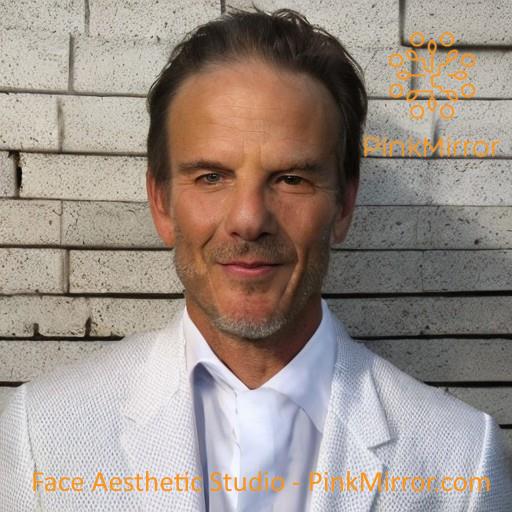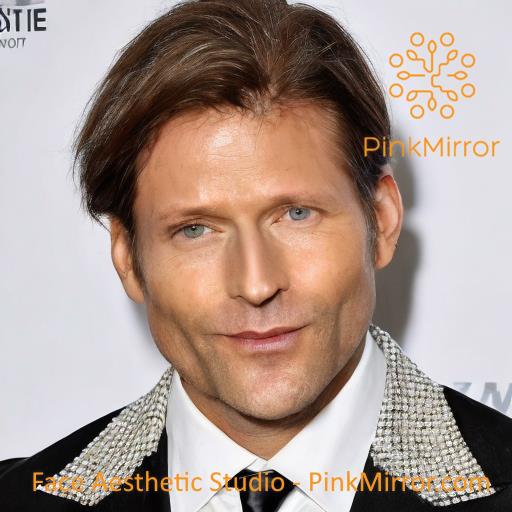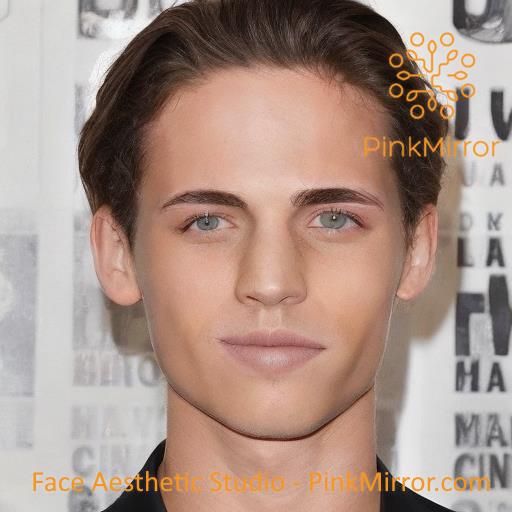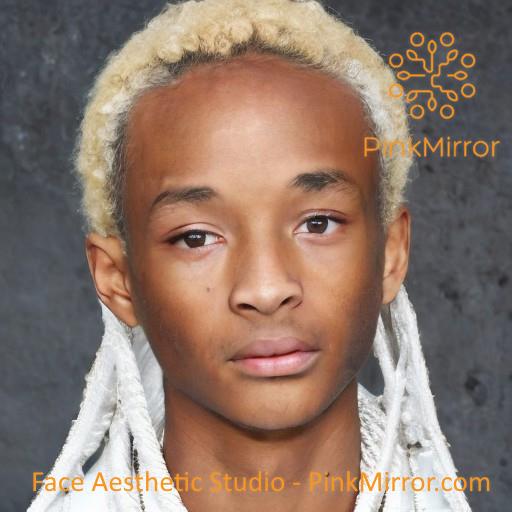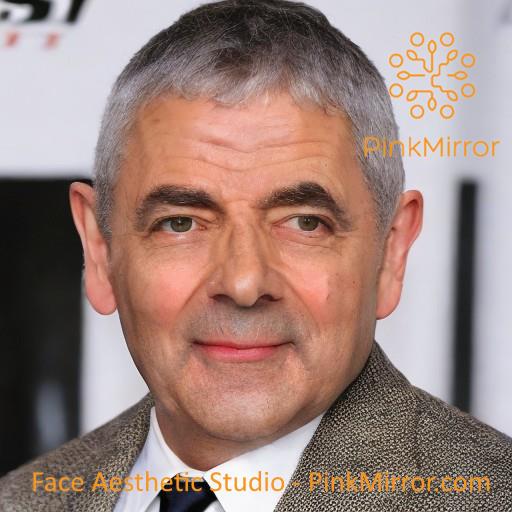Ben Stiller - Facial Feature - Bi Temporal To Bi Zygomatic Ratio
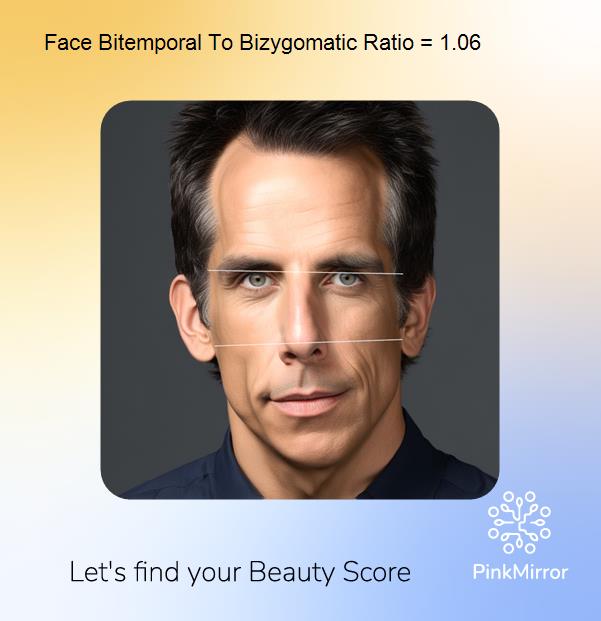
Your face falls into the average bitemporal-to-bizygomatic-ratio category, which is considered a high attractiveness among the five male face bitemporal-to-bizygomatic-ratio types. That’s often seen as very appealing by current standards. Here’s how each category is generally perceived: smallest – low attractiveness, small – low attractiveness, average – high attractiveness, large – high attractiveness, largest – high attractiveness.
- Most Attractive
- Least Attractive
- Your Score
Why is a larger Bi-temporal width in comparison with Bi-Zygomatic width attractive?
A larger bi-temporal width in comparison to bi-zygomatic width is considered attractive among males. A study reported that an attractive male face was found to have a longer, more dolichocephalic shape compared to strong, dominant, and masculine-rated men. Unattractive faces often featured a rounded lower face, a vertically stretched chin region, and horizontal compression in the eye and eyebrow areas. In cross-cultural studies, women found mesomorphic masculine body shapes with greater muscle mass more attractive than endomorphic body shapes with high body fat proportions. Attractive faces typically had a narrower lower jaw, a wider, fuller lower lip, and a longer facial shape. Additionally, according to a study, faces with shorter width were perceived as more trustworthy. Therefore, a larger bi-temporal width relative to bi-zygomatic width contributes to attractiveness and trustworthiness among males.
Read the detailed study with exact scientific references
Choose a recommendation and track your weekly progress:
Cautionary Note: It's important to note that each individual's skin is unique and may respond differently to various treatments. Always conduct a patch test when trying new products or ingredients, and consider consulting a dermatologist before beginning any advanced treatments.
Celebrities with smallest face bitemporal to bizygomatic ratio
Celebrities with average face bitemporal to bizygomatic ratio
Celebrities with large face bitemporal to bizygomatic ratio


